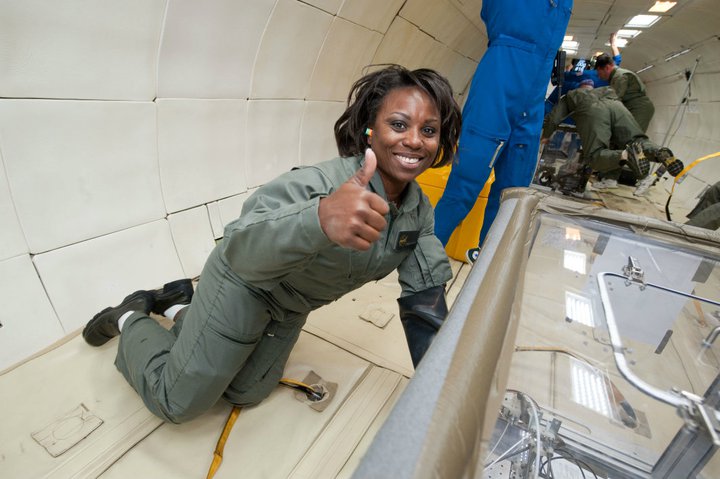News Americas, LONDON, England, Mon. Dec. 16, 2013: One of the more interesting aspects of a recent visit to Washington was an invitation to Chair a meeting on Cuba at the US Chamber of Commerce.
The event, organized in conjunction with Caribbean Central American Action, the body that works with the region and US business to promote private sector led growth, was to enable US businessmen and women, consultants and participants from the Caribbean, to hear about possible future opportunities for trade and tourism from the US to Cuba.
What was unusual, beyond the Chamber hosting an event on Cuba, was the fact that the principal speaker at the session was the Head of the US Interests Section in Washington, Ambassador José Cabanas.
It left the impression that the writing was on the wall about the coming competition the Caribbean faces for US tourists and US investment in Cuba-related tourism services; not least because participants were aware of President Obama’s informal but widely reported remarks, a fortnight before, at a private fund raiser in South Florida, that the search was now on for a new updated Cuba policy.
The meeting took place five days after a major address by the US Secretary of State, John Kerry on a new US policy towards the Americas in which, in a lengthy section on Cuba, he stressed the importance of people to people contacts.
Speaking to the Organization of American States, he made clear that the US and Cuban governments were finding areas of cooperation on common interests, the US accepted that the economic reforms being undertaken by Cuba were genuine, and repeated the President’s words that when it comes to the US relationship with Cuba, “We have to be creative, we have to be thoughtful, and we have to continue to update our policies.”
Of particular note in relation to tourism was Mr. Kerry’s reference to the hundreds of thousands of Americans who visit Havana each year.
“We are committed to this human interchange, and in the United States ….They are ambassadors of our ideals, of our values, of our beliefs,” Mr Kerry said, making clear the administration’s interest in increasing the already large numbers visiting Cuba.
In 2012, some 400,000 Cuban Americans visited, and the number of licensed US visitors on ‘study’ and ‘meet the people’ tours increased to 98,050 placing it just after France for ‘tourist’ arrivals.
Up to now active participation in Cuban tourism has been forbidden to US companies. But what was clear in the margins of the meeting is that charter services to Cuba are coming close to capacity and there is pressure from the major US carriers on Washington to start scheduled services. There was also an interest in Cuba and among some of the cruise ship companies.
All of which is happening as arrivals from Europe including Russia, Brazil and Canada seem set to grow as Cuba improves its offering by encouraging new hotel and leisure related investment in everything from upscale hotels to golf courses, opens a huge new Spanish operated yacht marina, and encourages villa and other related leisure investments in its new development zones.
While Jamaica’s offering remains strong and competitive, it seems the time may have now come to give consideration to much improved scheduled air links with Cuba, two centre vacations, new types of cruise program, and above all a careful analysis of what a slowly changing US-Cuba relationship might mean for tourism.
EDITOR’S NOTE: David Jessop is the Director of the Caribbean Council and can be contacted at [email protected]. Previous columns can be found at www.caribbean-council.org.









